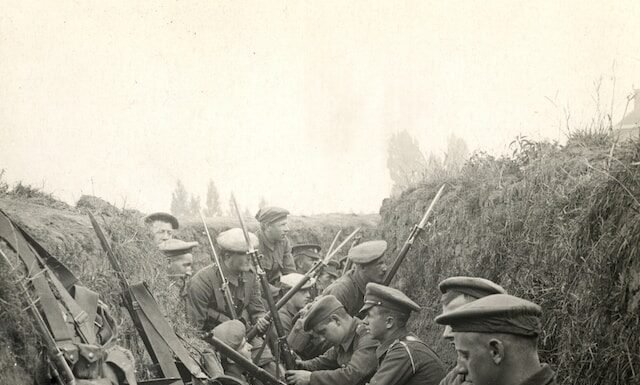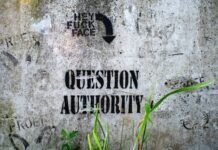The deaths of more than 300 Israeli citizens were confirmed in the attack by Palestinian extremist group Hamas. About 1600 people were also injured due to the firing of thousands of rockets. This attack is considered to be the biggest attack by Palestinian extremists in the last decades. Here, Israel is running its ‘Operation Iron Swords‘ against Gaza with full aggression. There is news of about 230 people being killed and more than 1700 people injured in the retaliatory attacks on Gaza Strip. Hamas has claimed responsibility for this attack. They say that they are fighting to protect the Al-Ashqa Mosque. This shows that they believe that their people are being oppressed in Israel. This attack is revenge for that oppression.
What is the history of Al-Aqsa Mosque?
International parties made many efforts to resolve the dispute between Israel and Hamas. After much negotiation, the ‘Oslo Agreement‘ was signed in 1993. There were two big things in it First, Israel was recognized by the Palestinian leadership. Second, agreement on an interim government of Palestinians for self-rule in Gaza and the West Bank. This agreement was signed by Prime Minister Yitzhak Rabin in behalf of Israel. And, Yasser Arafat signed on place of the Palestinian side. Arafat was the leader of the Palestine Organization (PLO). PLO was the most prominent organization associated with the independence of hamas.
Why did Hamas’s attack?
On October 7, Hamas attacked Israel without any warning or prior information and this attack was carried out amid Israeli-hamas tension. In this attack, Hamas’s fighters are taking many Israelis hostage and killing them. It is also being said that Hamas has opened such a front against Israel to increase its popularity among the Palestinians. A decline is being seen in the domestic stock market on Monday. The fall in the stock was seen after the attacks by Hamas on Israel. The market fears that this conflict will not stop soon and the chances of it spreading in the region will increase with time. In such a situation, questions are arising in the minds of investors whether to take the decline in the market as an opportunity or wait for the conflict to end. You can find answers to these questions in history.
When was the foundation of the Israel-Palestine dispute laid?
In 1948, when Israel is just came Jordan, Egypt, Syria and Arab countries governed Palestine. The Palestine Organization (PLO) came into existence in 1964 to fight against Israel and the formation of hamas. Yasser Arafat was the one of the most popular and discussed leader in the 1980s and 90s. In the first elections held in 1996, his Fatah party get victory both the Gaza Strip and the West Bank, where the Palestine National Authority exercises civil administration.
Who supports Hamas?
The Hamas Authority has the support of three-fourths of the UN members. But Hamas is getting strong support from most Muslim countries in the Middle East or West Asia. Initially, Jordan is also a big supporter of Hamas and had also established its headquarters there. But in 1999, because of some reason he was expelled from Gaza, accusing Hamas of using his land for military operations in Gaza and the West Bank. From here Hamas shifted to Syria and in 2000 it launched its second intifada (uprising).
Needless to say, in every war there are so many sacrifice from both sides. There was huge loss of human and property in these wars. It is difficult to estimate how long this war will last, because the manner in which Hamas has fired thousands of rockets at same time is enough to show that the attack was carried out with full preparation. After this attack, Israel declared war and resolved to take it to a decisive point.
How has the market performed amid the war?
The first Gulf War lasted between August 1990 and February 1991. With the beginning of the war, markets around the world had fallen. However, later recovery was also seen. The return of Sensex during this entire period was 15 percent. The Kargil war had a direct impact on the Indian markets. The war was fought between May and July 1999, during which the return of Sensex was 37 percent.
Conclusion
Actually, this matter is about 100 years old. When there was no country named Israel. The area from Israel to the West Bank was known as the Palestinian territories. When minority Jews and majority Arabs lived here. The Palestinian people here were Arab residents, while it is said that the Jewish people came from outside. At that time a dispute started between Palestinians and Jews. When the international community asked Britain to establish Palestine as a ‘national home’ for the Jewish people. The Kargil war had a direct impact on the Indian markets. The war was fought between May and July 1999, during which the return of Sensex was 37 percent.















